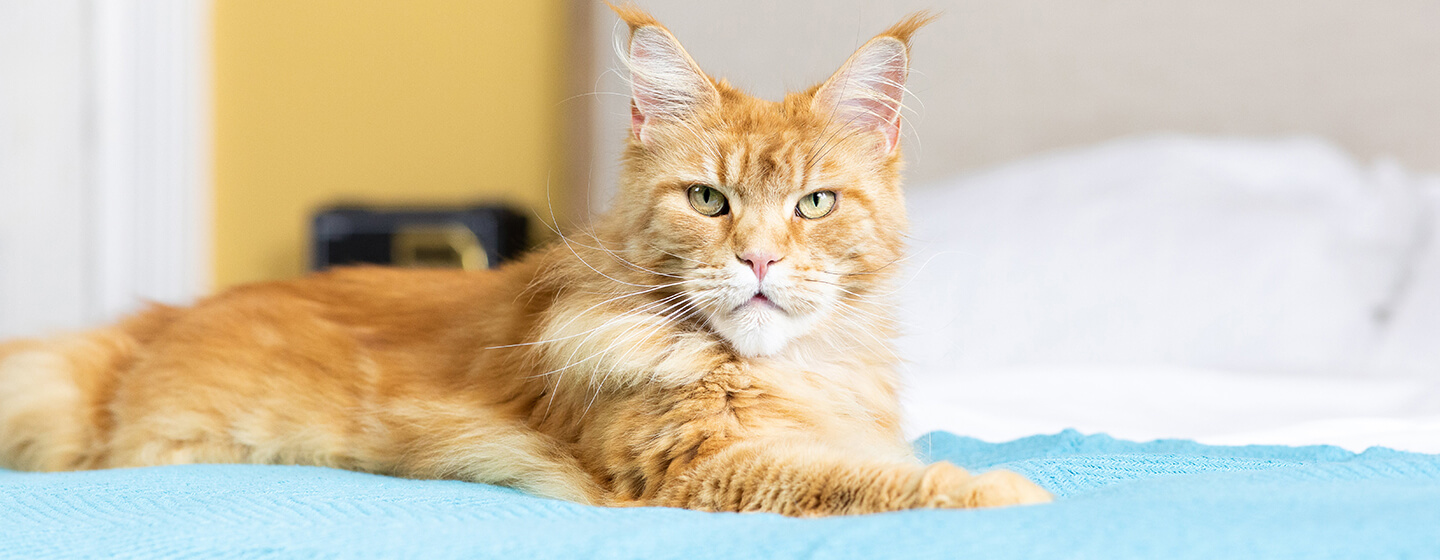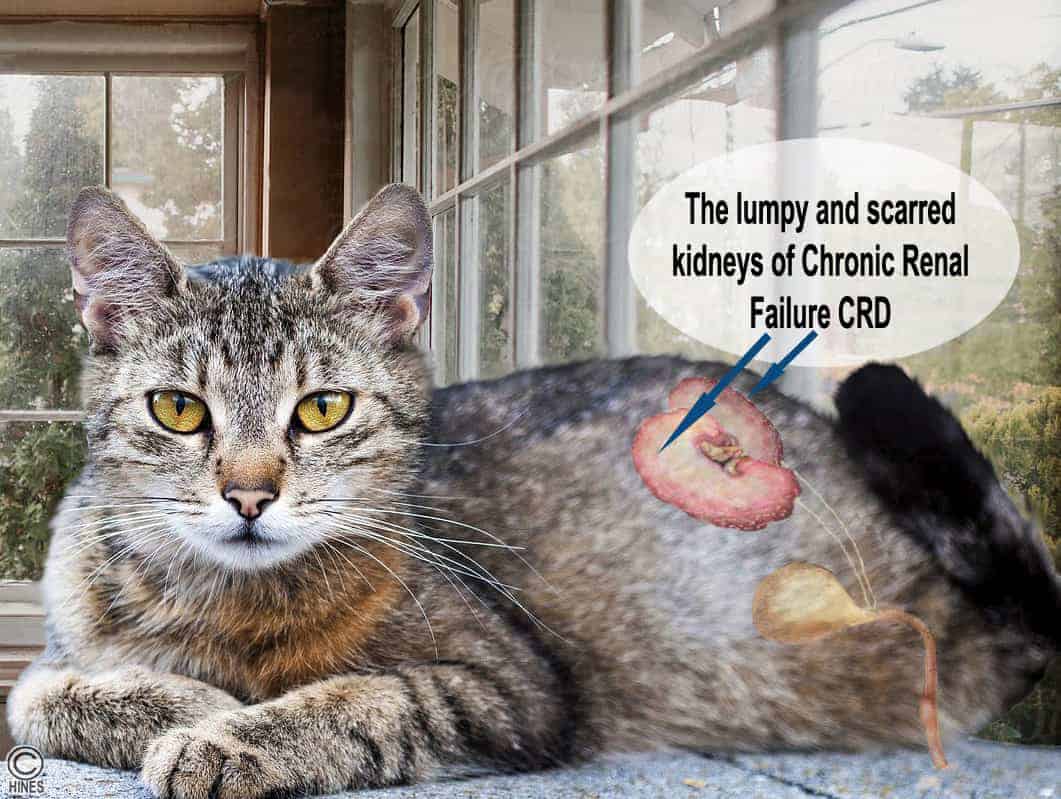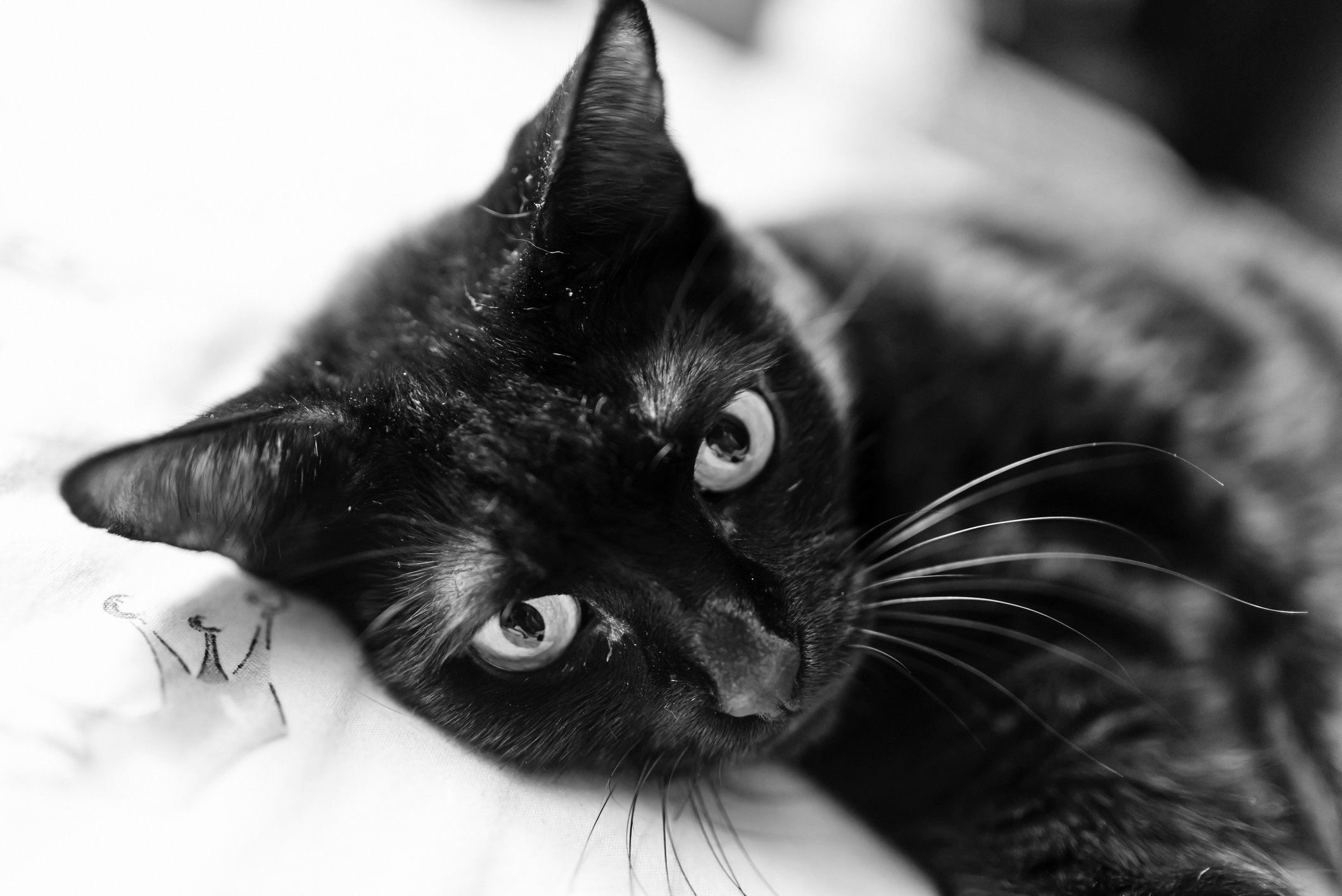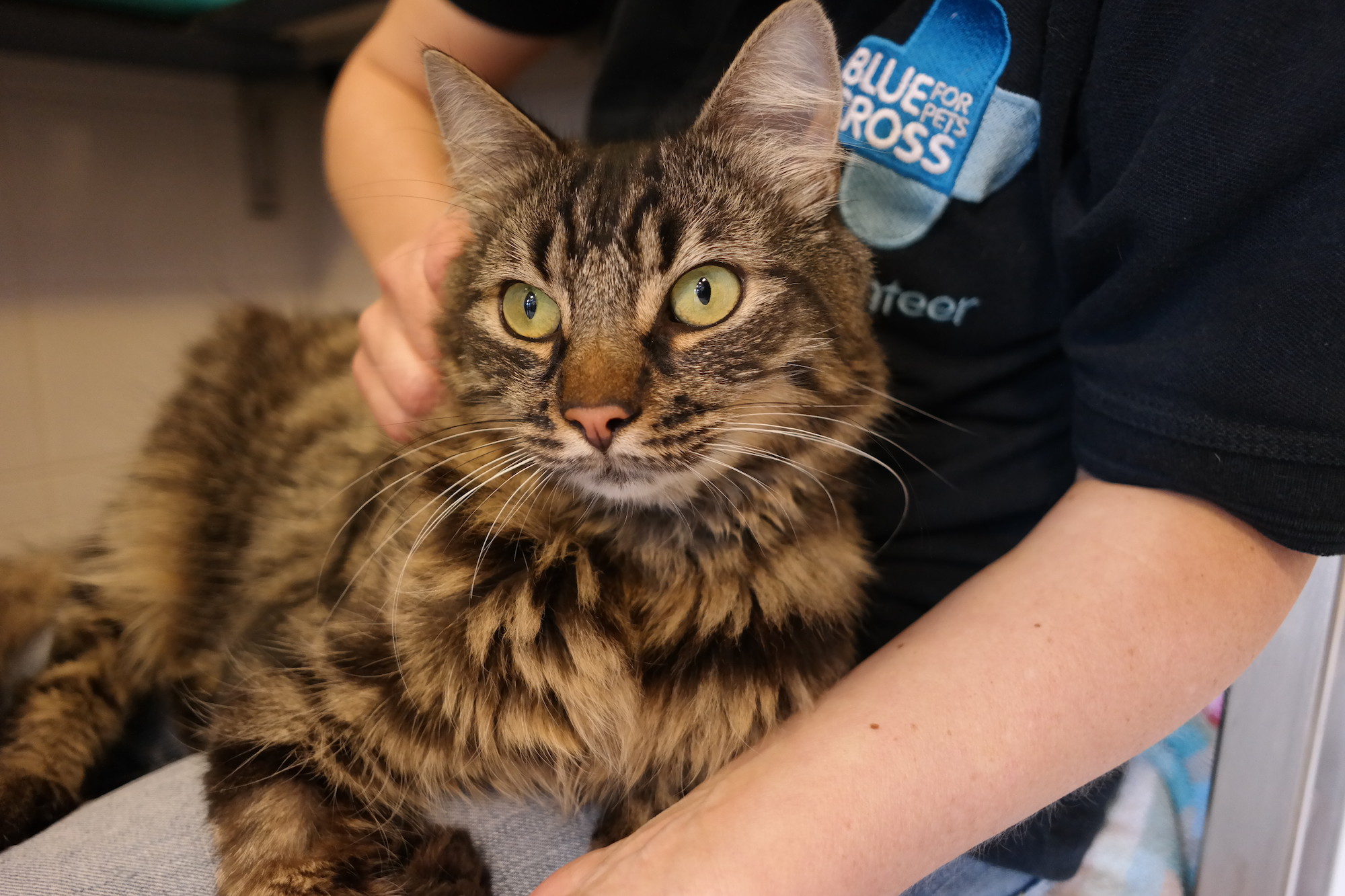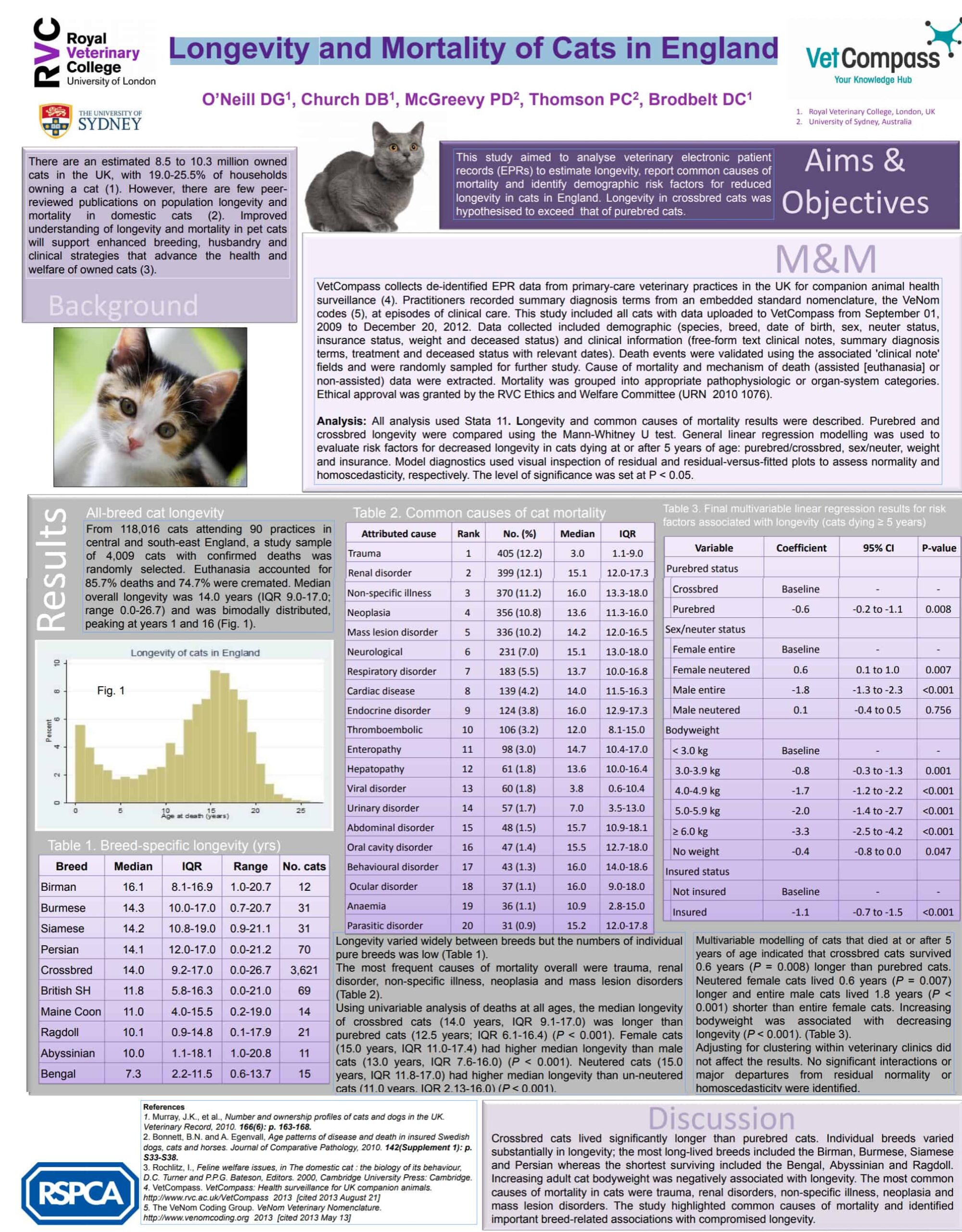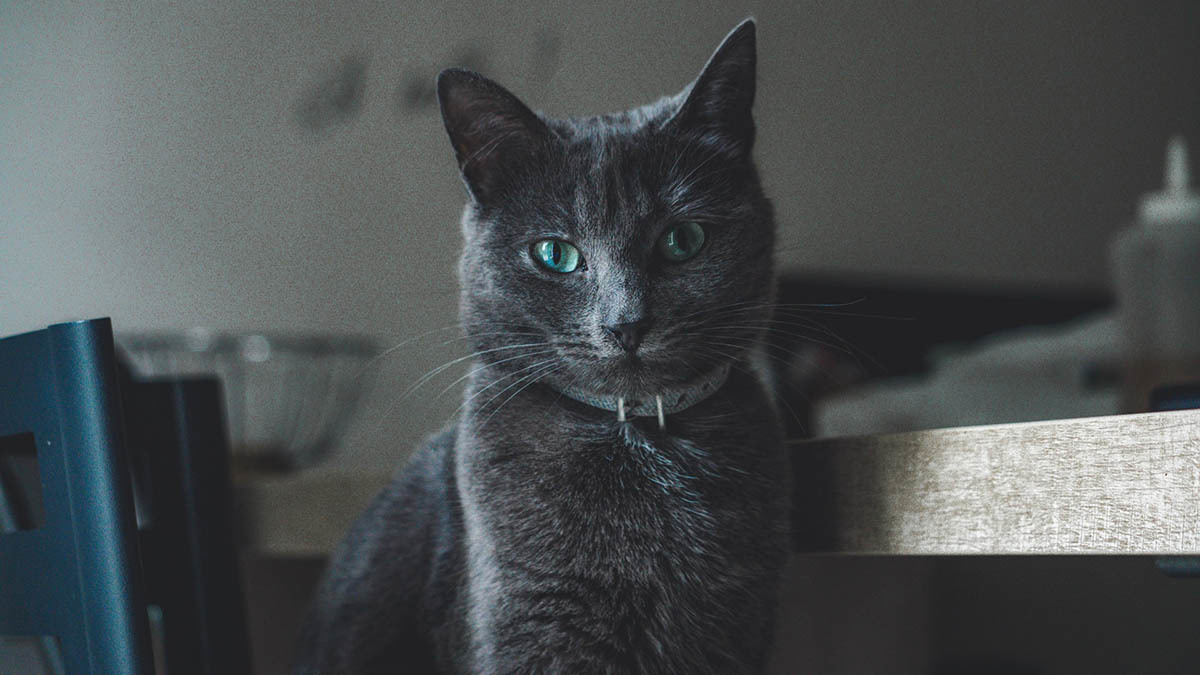Renal Failure In Cats Uk
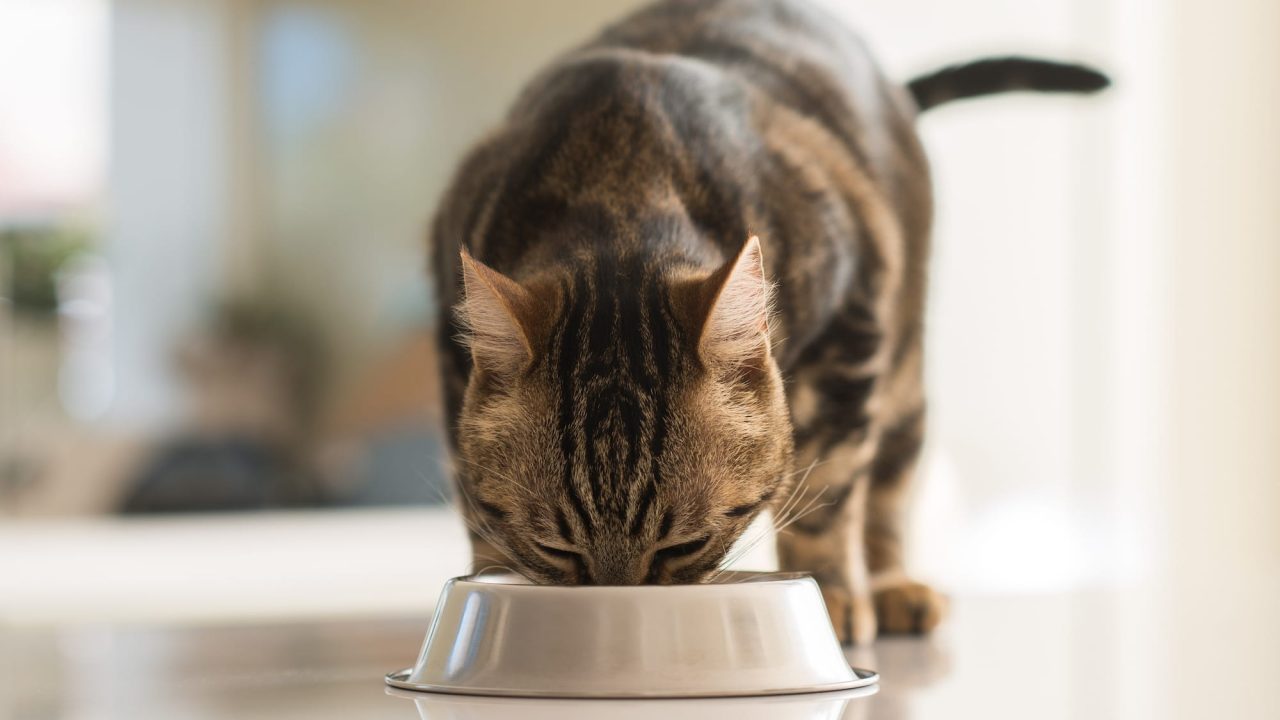
Treatment for kidney disease in cats.
Renal failure in cats uk. Renal failure can result from breeding environmental influences or even a poor diet. CKD is one of the most common conditions affecting older cats and in most cases is progressive over time so that there is a gradual decline and worsening of the disease. Your cat may go off their food and become very lethargic.
The symptoms usually start showing when about 75 of the kidneys have become damaged. It happens in cats of all ages and is usually the result of. In case your cat is affected by nausea vomiting and gi ulcers your vet will possible prescribe drugs to maintain her extra comfy.
Kidney failure in cats final stages are technically defined as a less than 10 of normal renal function. This is a slow but progressive disease commonly seen in middle to old age cats. Infections cancers exposure to toxins and malfunction of the immune system may all be responsible for starting a slow process of damage leading eventually to loss of function and kidney failure.
At the moment it is illegal to carry out kidney transplants in cats in the UK because of concerns over the welfare of the donor cats and worries about the risks of establishing a black market in feline organs. When more nephrons die than can be replaced kidney failure. CRF is a progressive condition without a cure therefore early diagnosis and supportive treatment are required to slow the progression.
Chronic kidney failure also called chronic kidney disease develops over many years. CKD can be seen in cats of any age but is most commonly seen in middle-aged to older cats. This is irreversible and the diseased parts of the kidneys cannot be repaired.
Not all cats suffering from acute kidney disease will require a change in diet however your vets will be able to advise you on your individual cat. Many cats develop kidney disease when they reach their senior years 8 due to wear and tear on the kidneys throughout life. Cats with kidney failure may be prone to develop a bacterial urinary tract disease because the urine they produced is very low.
